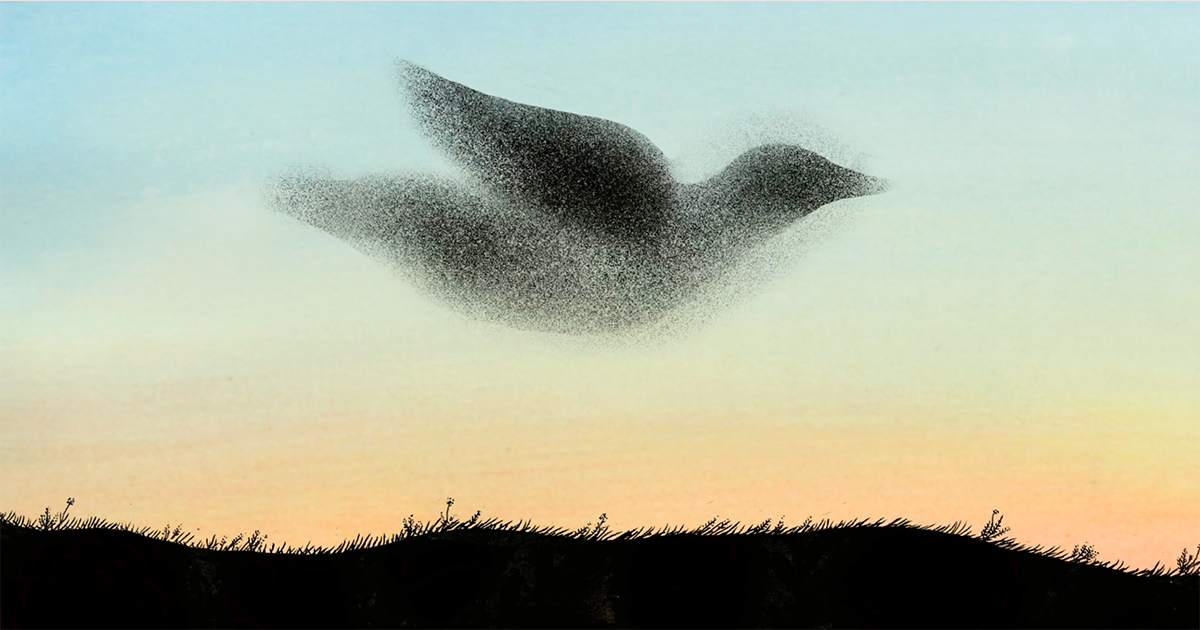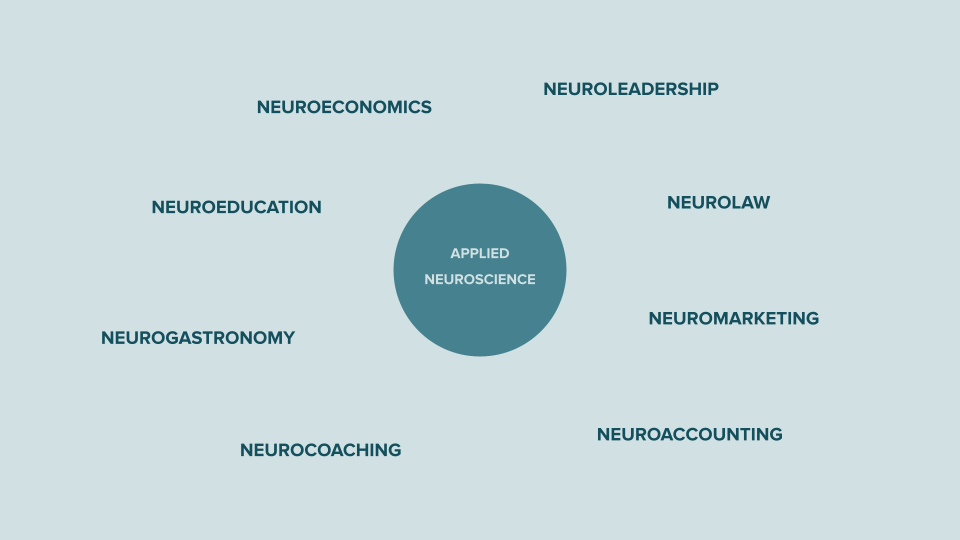Neuroscience
Abie Cohen and
Neuroscience
Abie Cohen and




Creativity and Disruption: Creativity is described as emerging from the disruption of these predictive models. When our expectations are challenged or disrupted, it can lead to new ways of thinking and innovative ideas.
Balance Between Order and Chaos: The balance between order (predictive models) and chaos (disruption) is crucial for fostering creativity. Too much order can stifle creativity, while too much chaos can lead to confusion and lack of direction.
https://www.vox.com/future-perfect/351893/consciousness-ai-machines-neuroscience-mind
The great substrate debate: Biochauvinism versus artificial consciousness